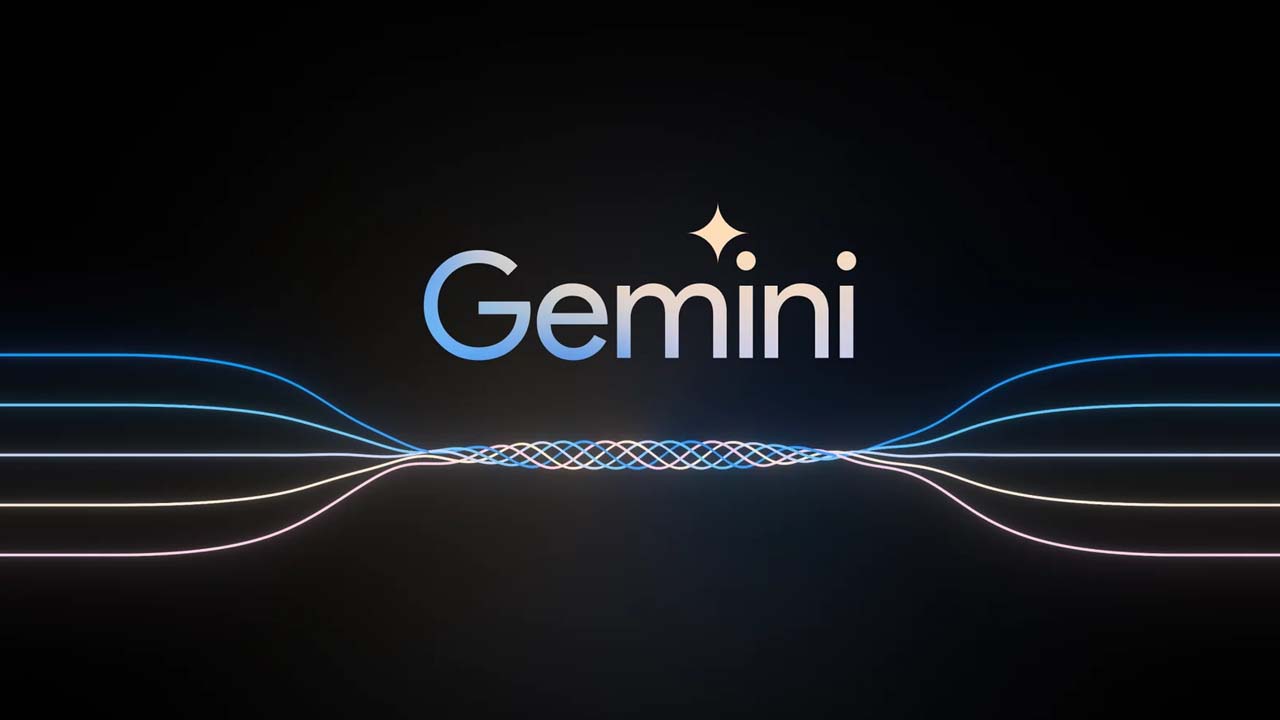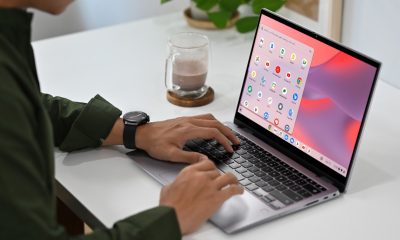

Enterprise
These are the best cities for women entrepreneurs to thrive
Singapore ranks third in Asia Pacific, behind Sydney and Melbourne
At the 10th annual Dell Women Entrepreneur Network Summit in Singapore, Dell announced findings of the 2019 Women Entrepreneur Cities (WE Cities) Index, ranking 50 global cities on their ability to foster growth for women entrepreneurs. Dell ranks cities based on the impact of local policies, programs, and characteristics in addition to national laws and customs to help improve support for women entrepreneurs and the overall economy.
Building on 10 years of research on women entrepreneurs, Dell partnered with IHS Markit to research and rank 50 cities on five important characteristics, including access to Capital, Technology, Talent, Culture and Markets.
The San Francisco Bay Area outranked New York for the No. 1 spot this year, mostly due to the city being one of the best places for women to gain access to capital. It also moved from 6th place to 2nd place in Culture, showing that the number of role models and public dialogue around eliminating the “bro culture” is making an impact.
Lack of funding, high cost of living, low representation of women in leadership roles and the lack of government-led policies that support women entrepreneurs were among the barriers globally.
Cities in the Asia Pacific (APAC) region are improving alongside all other cities globally, but still have a long way to go. Singapore, one of the only three cities from Southeast Asia to make it to the top 50, saw the highest improvement in the Talent pillar, as it benefitted from increasing its top school and business school rankings, as well as its pool of professionals needed to help scale businesses.
APAC cities mainly fell behind in the pillars for Culture and Markets. Despite making the top 50, Singapore’s Culture score was relatively low due to fewer female role models or leaders, although it’s still more advanced than majority of its neighbors in addressing gender parity issues.
Singapore ranks only No. 47 globally for the Markets pillar, because of the high cost of living in the city despite the lack of accelerators and relatively few female board members.
The WE Cities Index serves as a diagnostic tool to advise policy-makers on how to better support women in business.
“By arming city leaders and policymakers with actionable, data-driven research on the landscape for women entrepreneurs, we can collectively accelerate the success of women-owned businesses by removing financial, cultural and political barriers,” says Karen Quintos, EVP and chief customer officer at Dell Technologies.
The same way US Supreme Court Justice Ruth Bader Ginsburg argued in her landmark cases that gender discrimination hurts men and women alike, Singapore Minister for Culture, Community and Youth Grace Fu also emphasized at the summit that it’s not only women who want a better work life balance; men also want to be able to spend more time with their families.
This is where technology comes in. Technology, as a gender-neutral enabler, helps drive progress in gender equality by creating a level playing field, says Amit Midha, President of Asia Pacific & Japan, Global Digital Cities at Dell Technologies. It’s important to empower and invest in women not just because it’s been proven time and again that women help economies grow, but also because doing so benefits men and society as a whole.
SEE ALSO: Inspiring quotes from Dell Women Entrepreneur Network Summit 2019


The ongoing trade war between the United States and China is putting a lot of companies out of business in one country. While all eyes are currently on America’s crusade against TikTok, China has launched a salvo of its own. The country has started banning AMD and Intel, starting with government devices.
Recently, as reported by the Financial Times, China has introduced a new rule that bans American chipsets and servers from government agencies. The new ban includes AMD, Intel, and Microsoft Windows.
In lieu of the now-banned brands, Chinese government agencies must use approved brands from a list of 18 Chinese manufacturers. Unsurprisingly, the list includes Huawei, another brand involved in the ongoing trade war. (Huawei is still banned on American soil.)
As with bans from America, China’s latest rules stem from a desire to implement national security. Both countries allege that using brands from the opposing side will open a potential avenue for transferring classified information.
Currently, the ban against the American chipsets are only affecting government devices. However, if it follows the same trajectory as Huawei and TikTok in the United States, a government-only ban might soon lead to an all-out ban on consumer devices. As TikTok is currently hanging in the balance, it’s unlikely that the trade wars will cool down anytime soon.

So far, Apple’s greatest enemy has been the European Union. Months and months of claiming that the company engages in anti-competitive practices, the region has successfully caused Apple to drastically change a lot of things about the iPhone including the Lightning cable. Now, a new challenger wants Apple to answer for its supposed grip on the industry: the United States government.
Today, the Department of Justice is officially suing Apple for supposedly monopolizing the smartphone industry and stifling competition. The lawsuit alleges that Apple’s lineup of products prevent users from trying out other brands. For example, Apple limits how well a third-party smartwatch works on an iPhone, pushing users to go for an Apple Watch instead.
The lawsuit also includes an important pain point in Apple’s fight in Europe. It says that the company makes it difficult for iPhone users to communicate with Android users (and vice versa). Late last year, the company already committed to supporting RCS as a messaging standard, finally easing communication between the two systems. Their adoption has yet to arrive, though.
Though not as stringent as Europe, the American government is no slouch when it comes to questioning its own companies for pursuing anti-competitive practices. In the past, it went through Google and Spotify to protect the interests of its citizens. The lawsuit against Apple is no different, gathering signatures from sixteen states.
For Apple’s part, the company aims to get the case dismissed, alleging the lawsuit’s unfair scope of just the American people when it targets the entire world.
SEE ALSO: Apple opens first Developer Center in Southeast Asia

With how technology is these days, it’s no surprise that the next big thing is always just over the horizon. However, these developments often happen year after year. Today, artificial intelligence is strapping a rocket to this already fast trend. Only a few months since the launch of Gemini, Google has already launched its successor, Gemini 1.5.
Launched only recently, Gemini is a marvel in itself. Prior to the model, Google was already a force in the AI world with Bard. Gemini takes the former model and improves an already impressive service. Currently, users — both in business and for personal use — can subscribe to the service.
Today, Google has confirmed that Gemini 1.5 is official. The company is touting how much more impressive the new version is, compared to its predecessor. For one, Gemini 1.5 Pro is just as powerful as the current Gemini Ultra, beating the latter on 87 percent of tests. The new version is reportedly more efficient in allocating only the necessary resources for queries, rather than the entire model.
Despite allocating resources, Gemini 1.5 can handle a million tokens at a time. For reference, Gemini Pro can only handle 32,000 tokens at a time. Basically, the new version can parse through a humungous chunk of data all at once without batting a digital eye. (Google is claiming that capabilities for 10 million tokens is nearing, too.)
If you want to see what a million tokens in the palm of your hand feels like, Gemini 1.5 is already available for developers and business users. However, a wider rollout is still coming soon.
-

 Accessories2 weeks ago
Accessories2 weeks agoApple Vision Pro Review: Two Months Later
-

 Features5 days ago
Features5 days agoFortify your home office or business setup with these devices
-

 Gaming1 week ago
Gaming1 week agoThe Rogue Prince of Persia looks like an ultra-colorful roguelite
-

 Events1 week ago
Events1 week agoStellar Blade: PlayStation taps cosplayers to play Eve for game’s launch
-

 Accessories1 week ago
Accessories1 week agoLogitech unveils G Pro X 60 gaming keyboard: Price, details
-

 Gaming2 weeks ago
Gaming2 weeks agoStar Wars Outlaws release date revealed
-

 Philippines2 weeks ago
Philippines2 weeks agovivo Y100 to release in Philippines on April 27
-

 Deals2 weeks ago
Deals2 weeks agoSamsung Awesome April: Deals on Galaxy A series


























